Yorkshire urology CLINIC
Expert Urology Care In Leeds
The Yorkshire Urology clinic is led by Mr. Mohammed Aldiwani, a Consultant Urologist with extensive experience spanning both general and specialist urology.
We offer a comprehensive range of diagnostic and surgical services, embracing the latest advances in technology and techniques. These include the management of prostate and bladder problems, kidney stones, urinary tract infections, blood in the urine (haematuria), urinary difficulties in both men and women. We also offer expert care in the diagnosis and treatment of urological cancers, minimally invasive robotic kidney surgery (including the retroperitoneal approach), and genito-scrotal procedures such as hydrocele and adult circumcision.
Our ethos is to deliver high quality, personalised, patient-centred care throughout every stage—from initial consultation to treatment and follow-up—making sure every patient feels supported and confident in their care journey.
We are recognised by all the major insurers in the UK including AXA, BUPA, Allianz, Aviva, Vitality, WPA and Cigna. Please get in touch if your insurer is not listed and we should still be able to help.
Whilst by no means exhaustive, further information on common conditions can be found below.
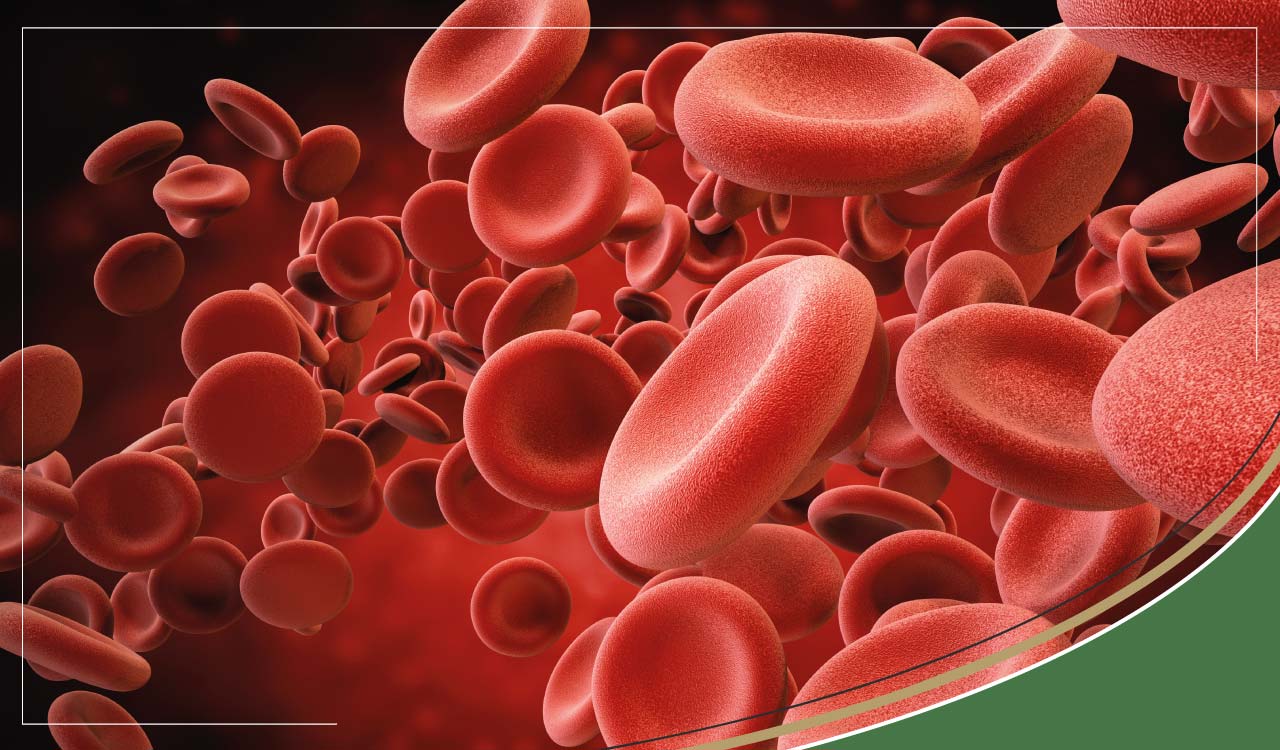
Blood in Urine (Haematuria) Assessment
Blood in the urine can be caused by infection, stones, or more serious conditions like cancer. Investigation includes urine tests, imaging (such as ultrasound or CT), and cystoscopy to identify the source and guide appropriate treatment.

Urinary Tract Infections – Male and Female
UTIs are common and can cause burning, frequency, and pelvic discomfort. They are typically treated with antibiotics, but recurrent or complex cases may require further investigation to rule out underlying issues in the bladder or kidneys.
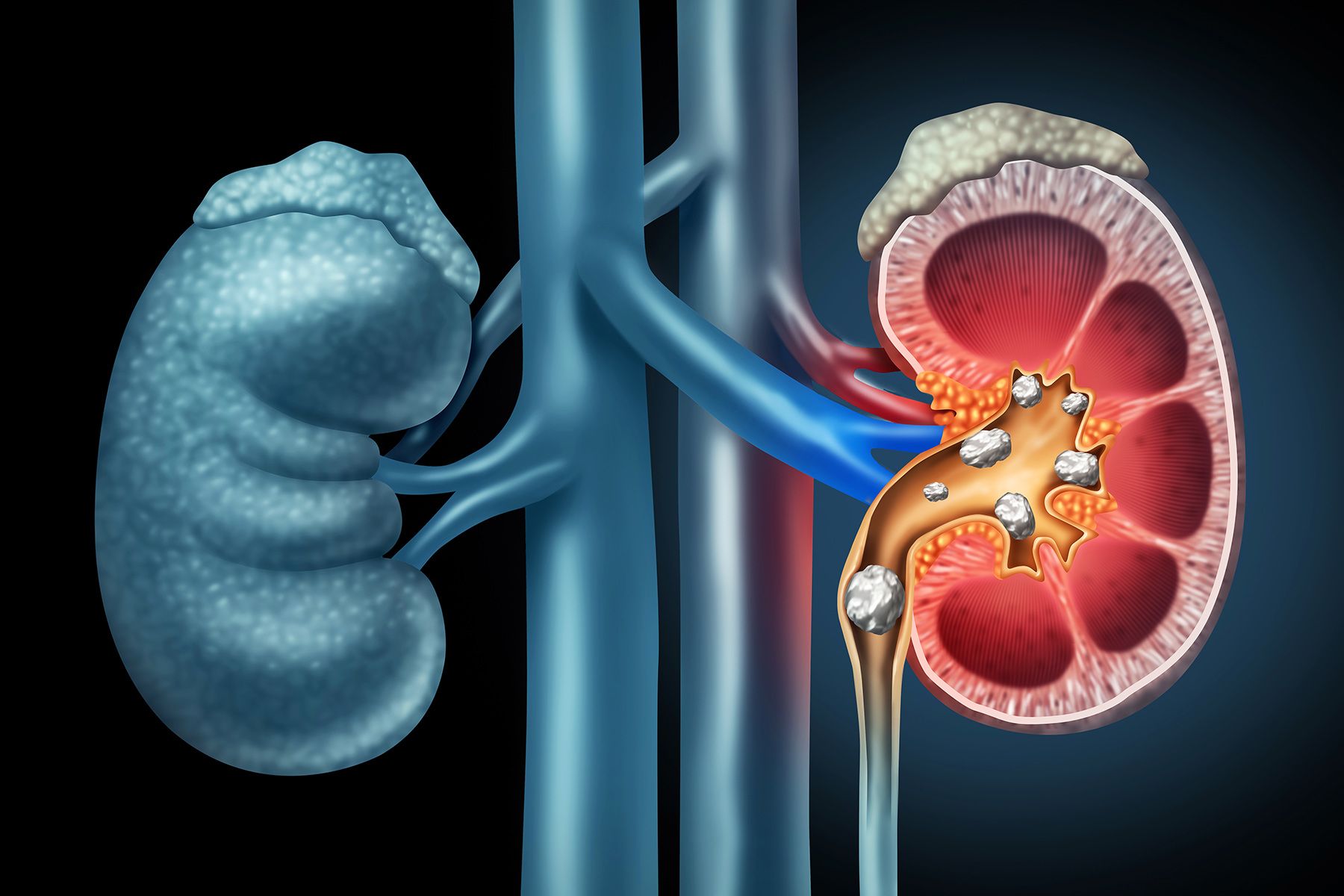
Urinary Stones (Kidney and Bladder)
Stones can cause pain, infections, or blood in the urine. Treatments include laser stone fragmentation (ureteroscopy), shockwave therapy (ESWL), and keyhole surgery (PCNL) for complex or larger stones. PCNL and ESWL would be referred to the NHS due to the specialised facilities required.
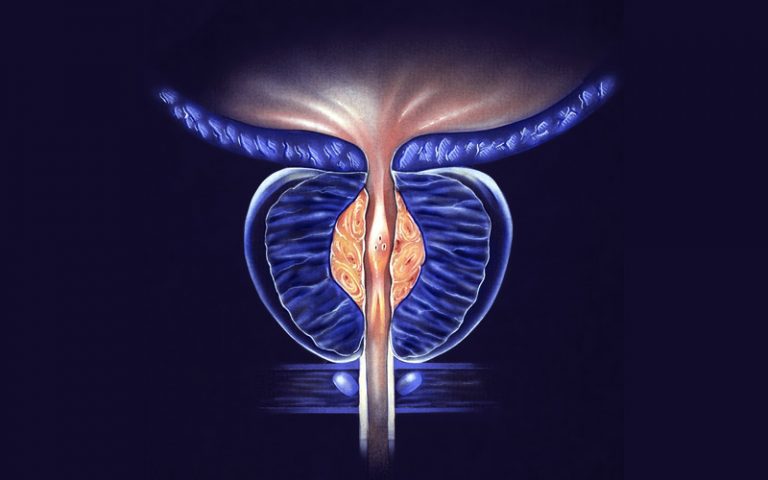
Enlarged Prostate and Lower Urinary Tract Symptoms
An enlarged prostate (BPH) often causes weak flow, urgency, night-time urination, and incomplete emptying. Treatments range from lifestyle changes and medication to a variety of surgical options. In today’s era, there are many surgical options, each with its own benefits and considerations. We can guide to the option that best fits your needs. (Note: not all procedures are currently available privately.)
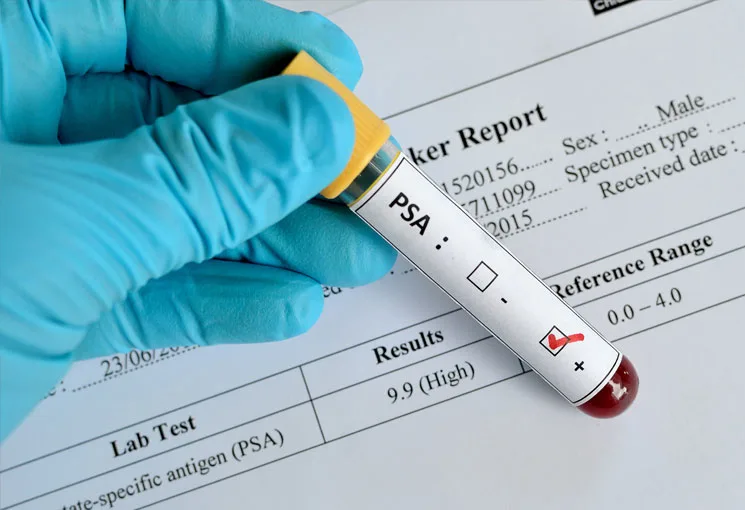
Raised PSA Assessment
A raised PSA (prostate-specific antigen) level can suggest prostate cancer, infection, or benign enlargement. Evaluation includes a digital rectal exam, repeat PSA testing, and often a prostate MRI or biopsy to determine the cause.
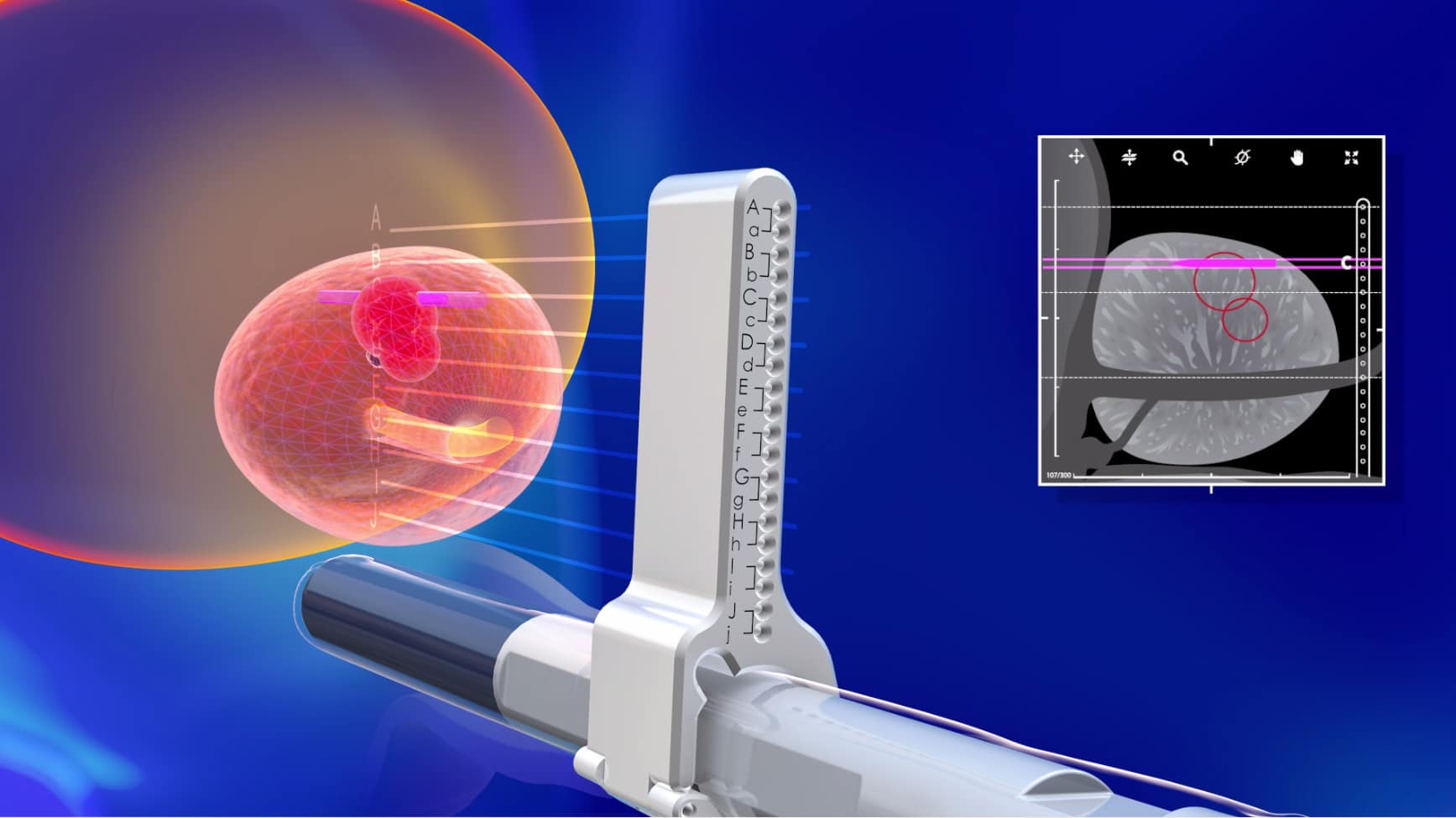
Prostate Cancer Investigation Including Transperineal Prostate Biopsy
When prostate cancer is suspected, we use advanced imaging and perform a transperineal biopsy—a safe, accurate method of sampling the prostate through the skin between the scrotum and anus, often under local or general anaesthetic.
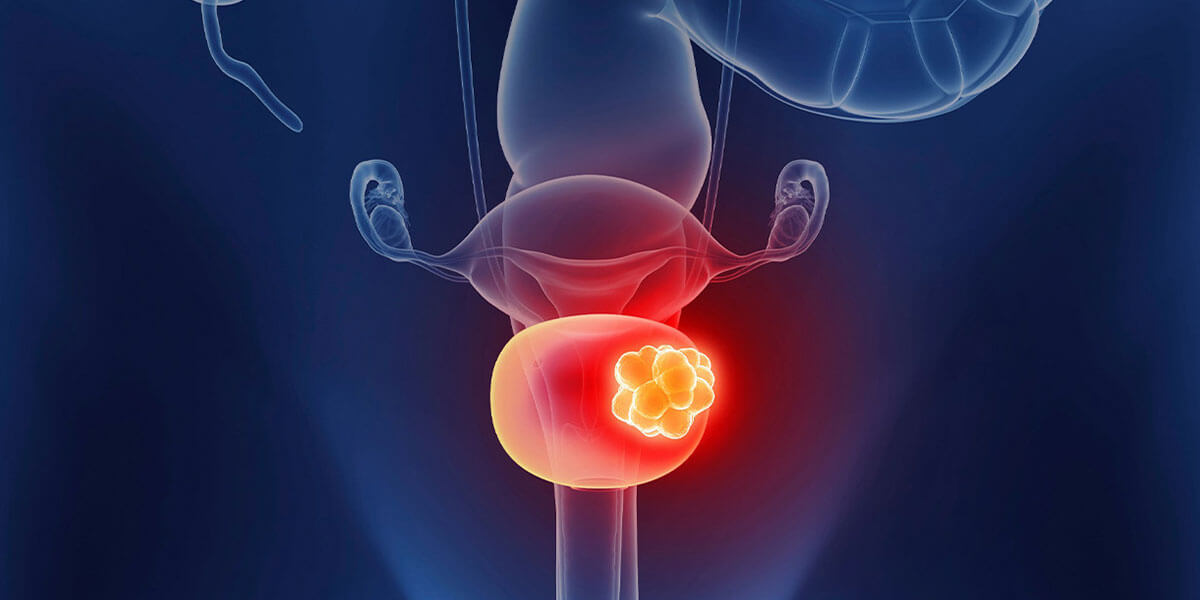
Bladder Cancer Investigation and Treatment – Including En Bloc TURBT
Bladder cancer is often detected through symptoms like blood in urine. Diagnosis involves cystoscopy and imaging. We offer modern treatments, including en bloc TURBT, which removes tumours in one piece for better analysis and potentially improved outcomes.
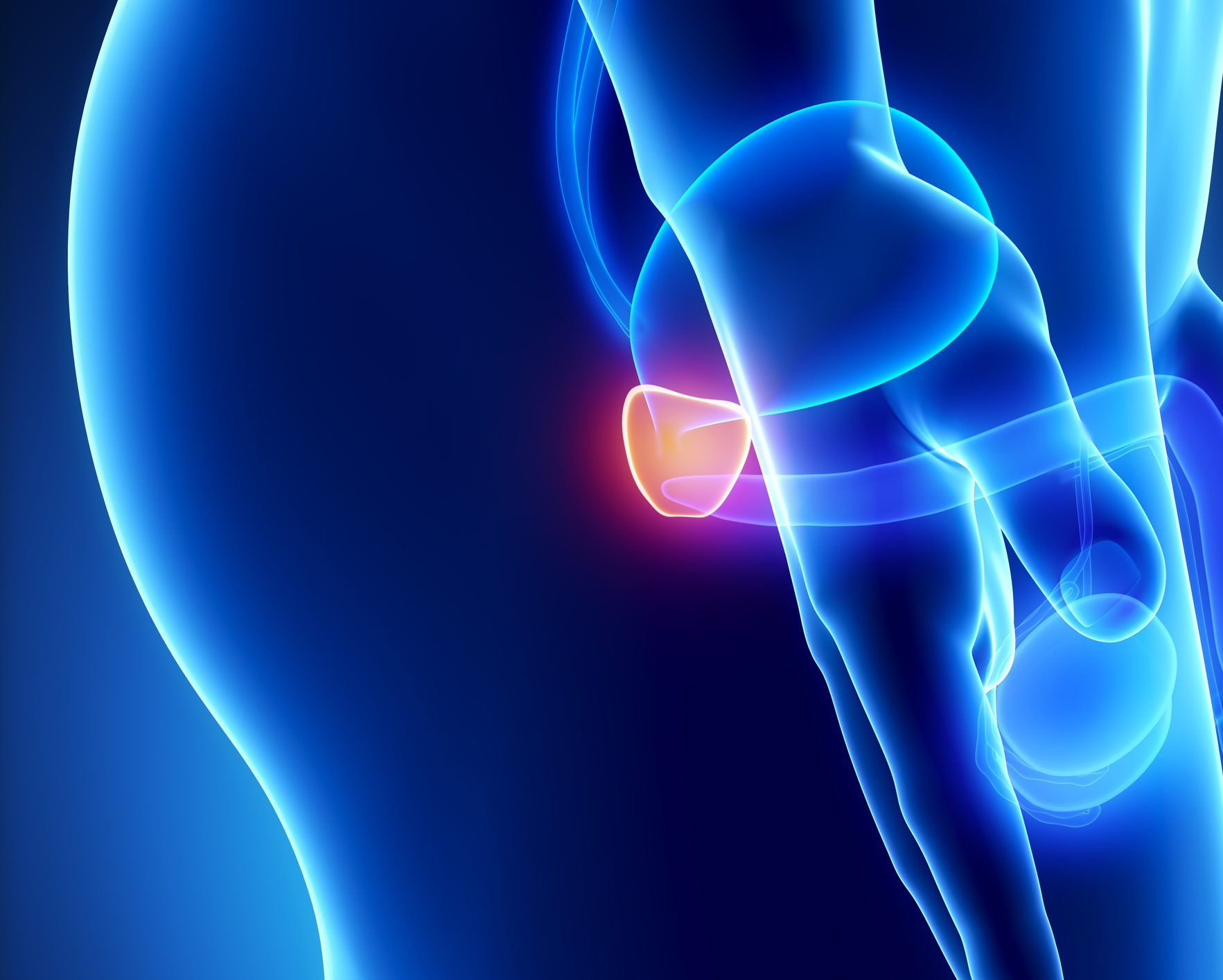
Prostatitis
Prostatitis is inflammation of the prostate, often causing pelvic discomfort, pain during urination, or difficulty urinating. It can be acute or chronic, and treatment may include antibiotics, anti-inflammatory medication, and supportive care.
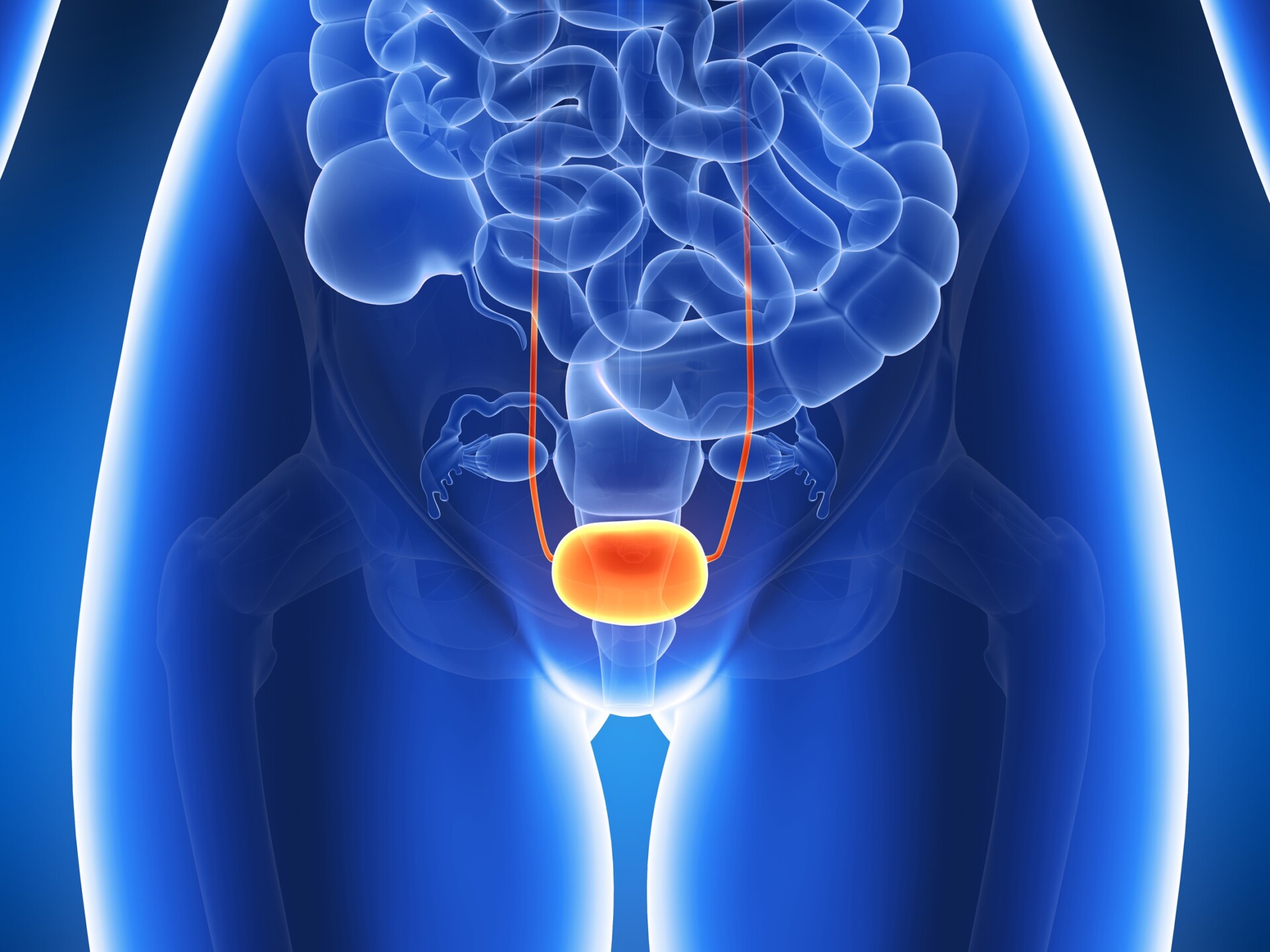
Overactive Bladder
This condition causes a sudden urge to urinate, frequent urination, and sometimes leakage. Management includes bladder retraining, lifestyle changes, medication, and advanced therapies when needed.

Circumcision
Circumcision is a minor surgical procedure to remove the foreskin. It may be recommended for medical reasons such as phimosis (tight foreskin), recurrent infections, or personal and cultural reasons. It is usually a straightforward day-case procedure with a short recovery.
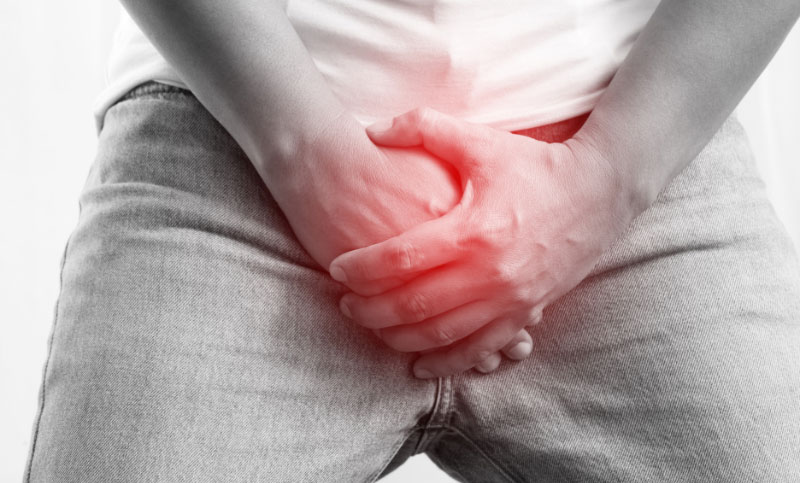
Testicular Pain or Swelling
Pain or swelling in the testicles can result from a range of causes including infection (such as epididymitis), testicular torsion (a surgical emergency), fluid collections (like hydroceles), or cysts. A timely physical examination and scrotal ultrasound are essential to determine the cause and guide appropriate treatment.

Vasectomy
A vasectomy is a safe and permanent form of male contraception. It involves cutting and sealing the tubes that carry sperm, typically performed under local anaesthetic or general anaesthesia as a day-case procedure. Recovery is usually quick, and follow-up tests confirm when contraception is effective.
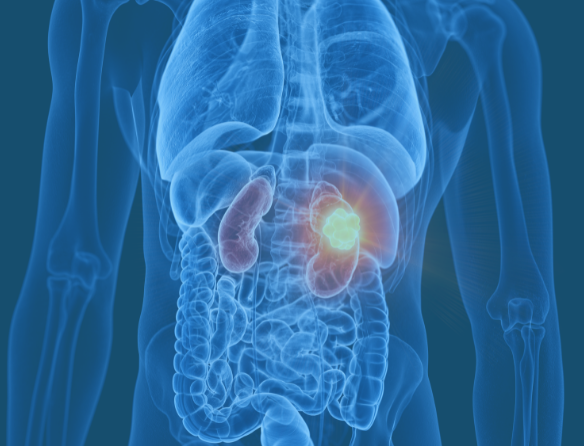
Kidney Cancer Evaluation and Treatment
Kidney cancers are often found incidentally on scans, or may present with blood in the urine or pain. We provide full diagnostic and treatment counselling, from monitoring small tumours to surgical removal, including minimally invasive options like robotic partial nephrectomy. All treatments are carried out within the NHS due to the specialised facilities required.
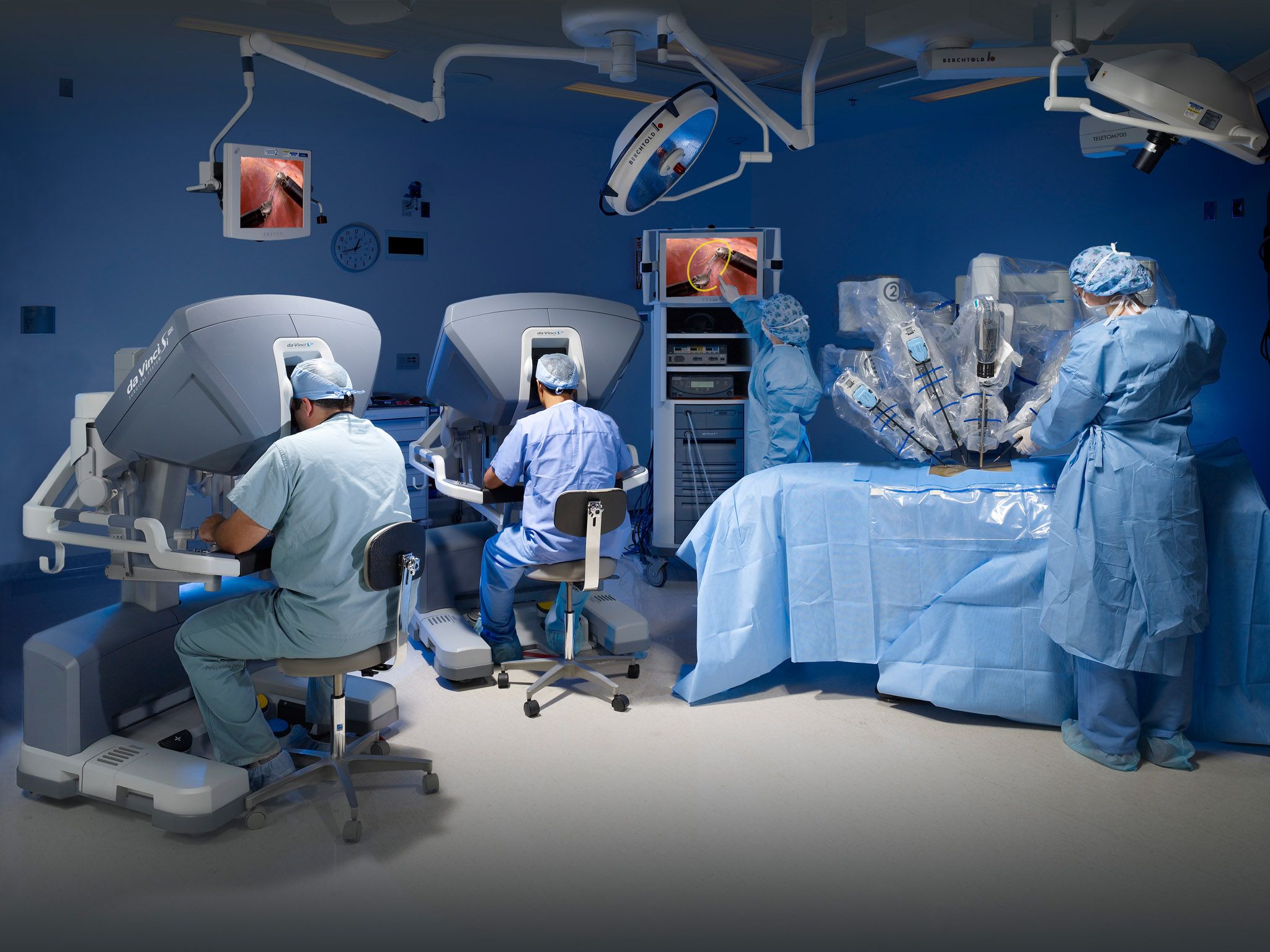
Da Vinci Robotic Surgery for Kidney Conditions (including retroperitoneal approach)
Mr Aldiwani uses the Da Vinci robotic system to deliver precise, minimally invasive kidney surgery for both benign and cancerous conditions. This technique generally offers less pain, smaller scars, and quicker recovery than open surgery. He is among the few surgeons nationally who perform most procedures via the retroperitoneal approach, which can further reduce blood loss, complications, and recovery time. Currently, robotic surgery is available only within the NHS.
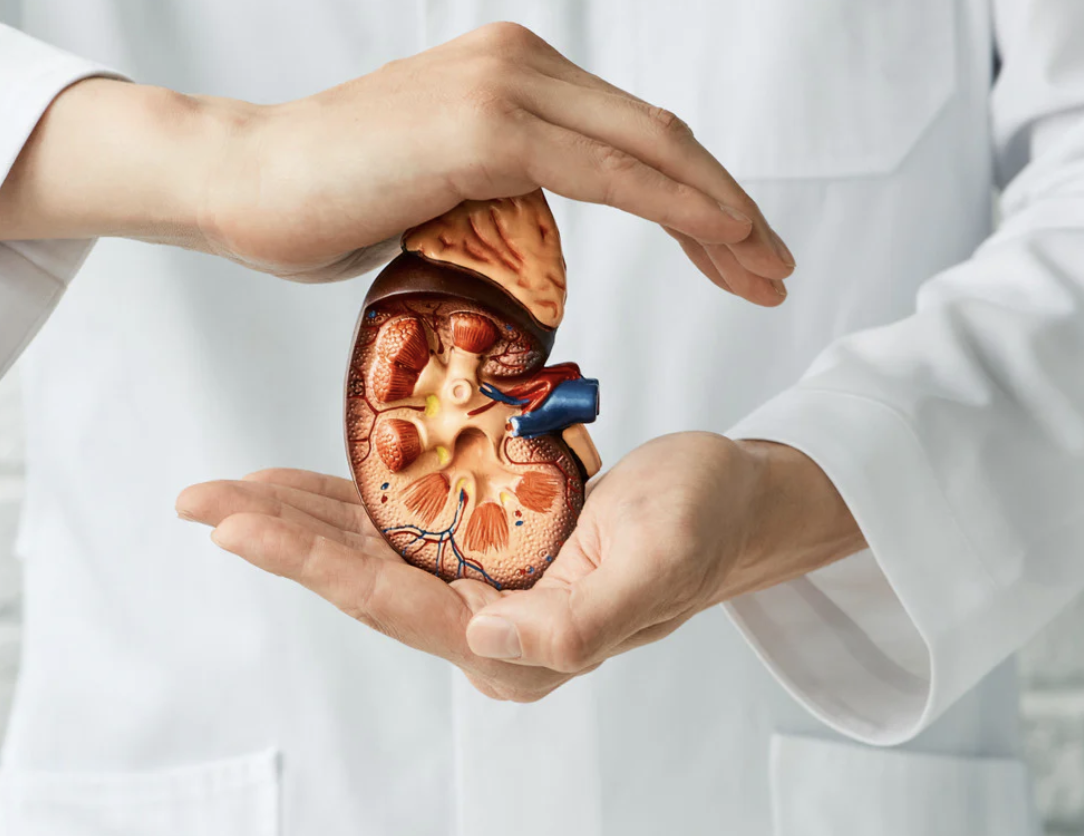
Hydronephrosis
Hydronephrosis is swelling of the kidney due to a build-up of urine, usually caused by a blockage. We identify the cause through imaging and manage it with procedures to relieve the obstruction and preserve kidney function.
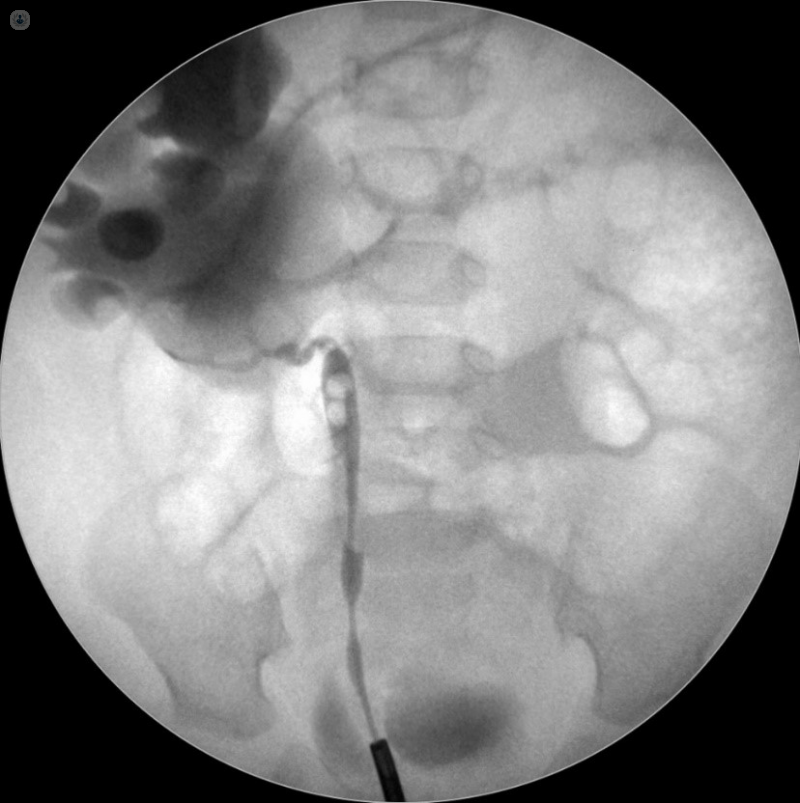
PUJ Obstruction
Pelvi-ureteric junction (PUJ) obstruction is a narrowing where the kidney meets the ureter, leading to poor drainage and swelling. It can be corrected with minimally invasive or robotic surgery to restore normal urine flow and protect kidney health. The robotic system is only available in the NHS at present.